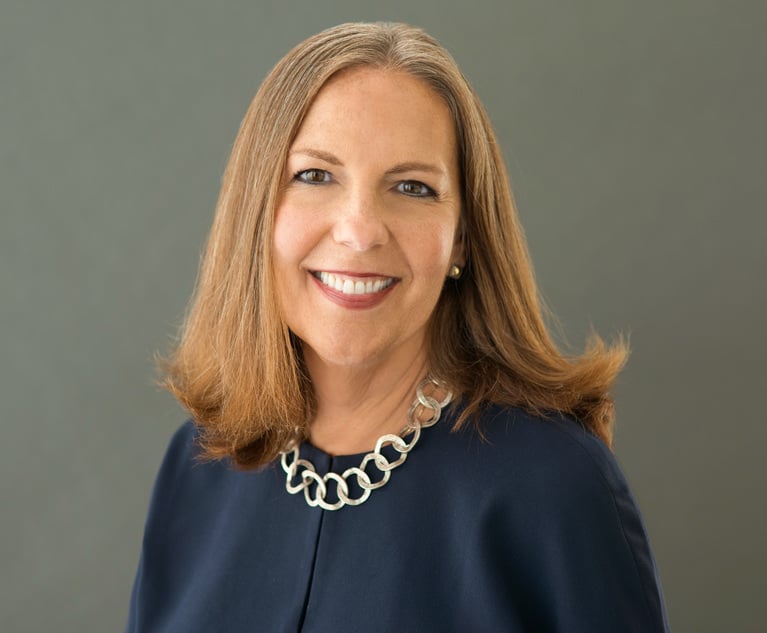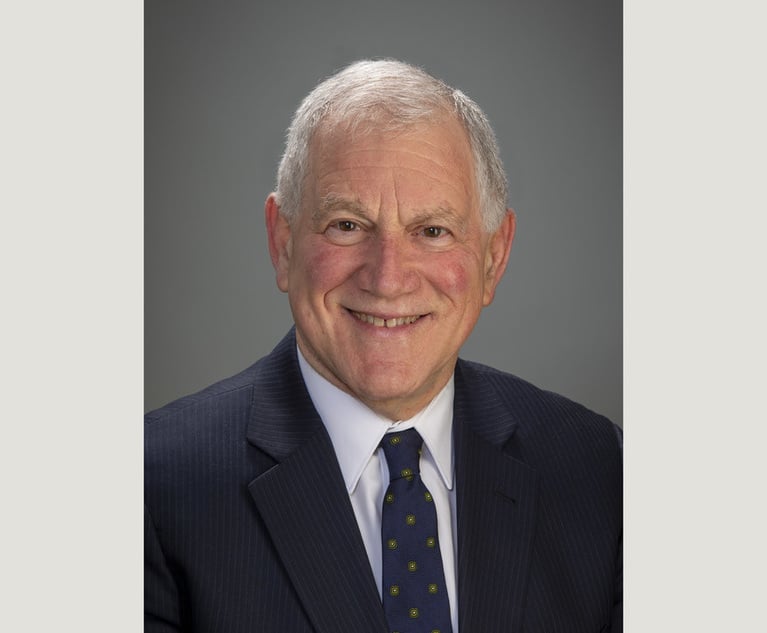Do professional service providers enable global corruption? This was a topic addressed at one of the panels at the recent International Section Global conference in London on Nov. 30, 2022. The question posed to me as the business ethicist on the panel by the moderator, Prof. Robert Barrington, was whether it is realistic to expect that a lawyer, as a professional service provider, should be a guardian of ethics, operating in the public interest? Or are they just technicians, implementing laws made by others?
This ethical duty of lawyers plays out differently depending on the context of the client representation. The U.S. constitutional right to counsel in criminal cases does not extend to civil litigation or corporate transactions. Thus, while criminal lawyers can answer with a resounding “yes” about their ethical duties to represent any client who seeks guidance, the nuances of corporate and civil representation raise distinct questions.
This content has been archived. It is available through our partners, LexisNexis® and Bloomberg Law.
To view this content, please continue to their sites.
Not a Lexis Subscriber?
Subscribe Now
Not a Bloomberg Law Subscriber?
Subscribe Now
LexisNexis® and Bloomberg Law are third party online distributors of the broad collection of current and archived versions of ALM's legal news publications. LexisNexis® and Bloomberg Law customers are able to access and use ALM's content, including content from the National Law Journal, The American Lawyer, Legaltech News, The New York Law Journal, and Corporate Counsel, as well as other sources of legal information.
For questions call 1-877-256-2472 or contact us at [email protected]


 Azish Filabi
Azish Filabi




